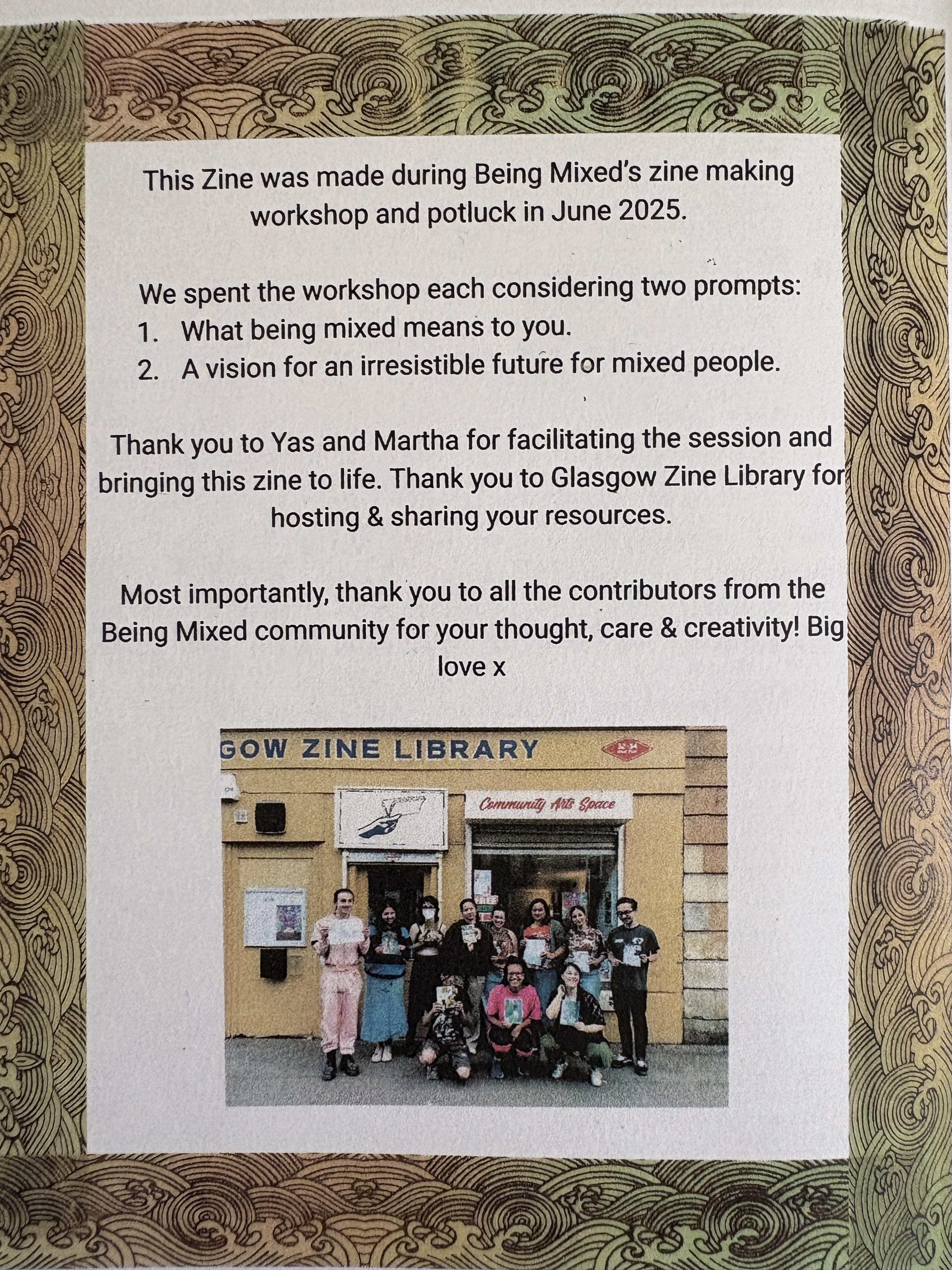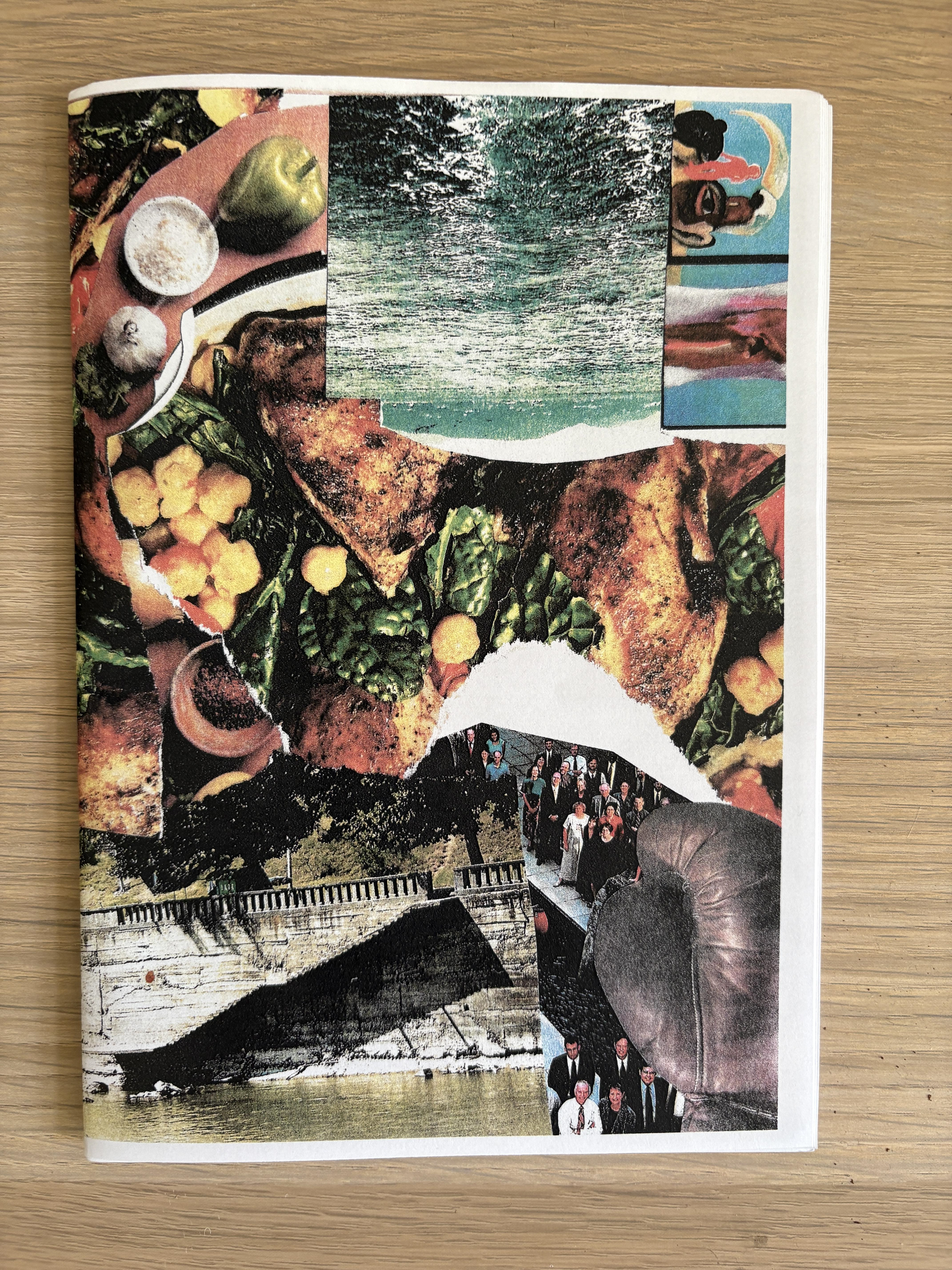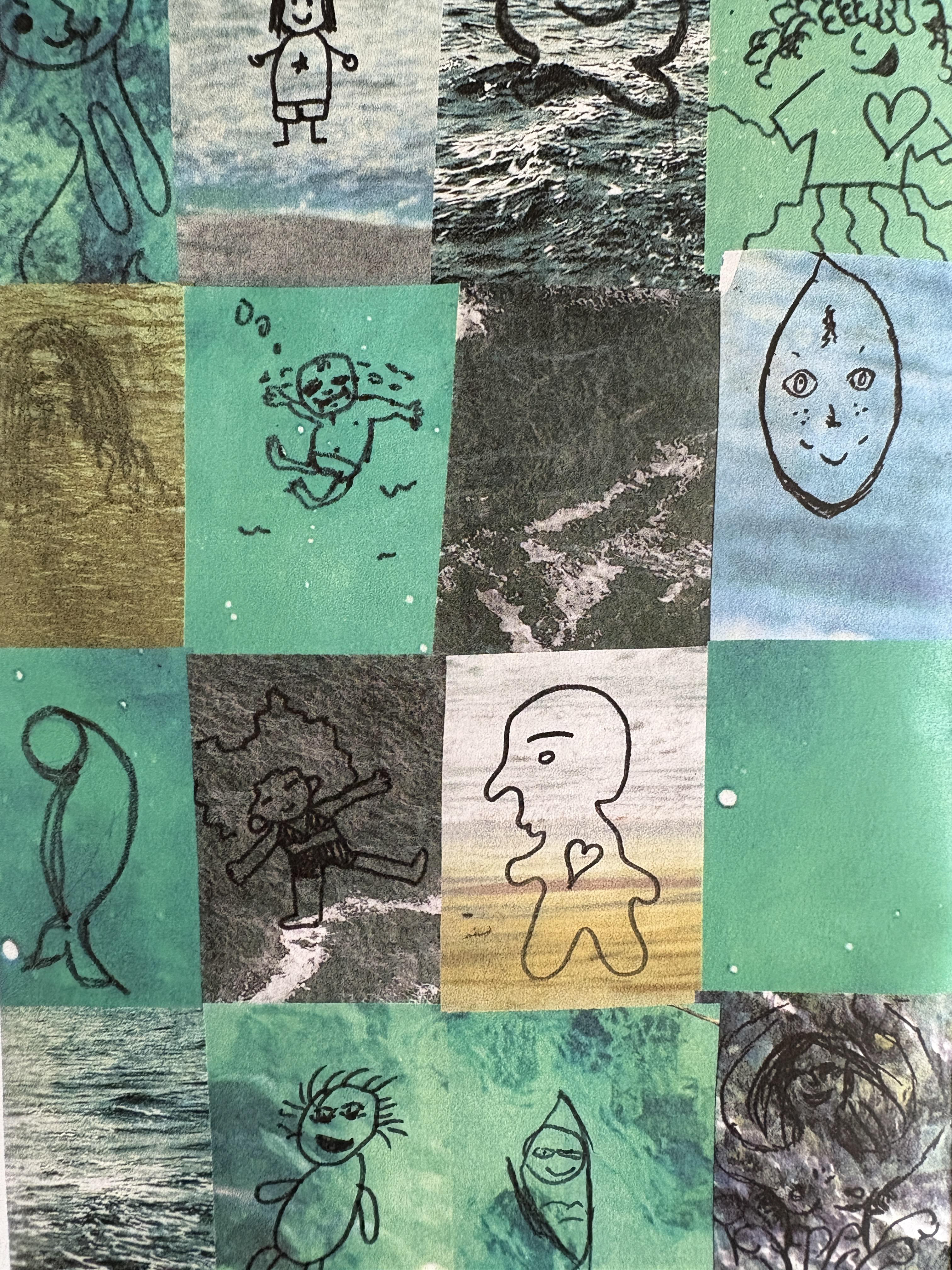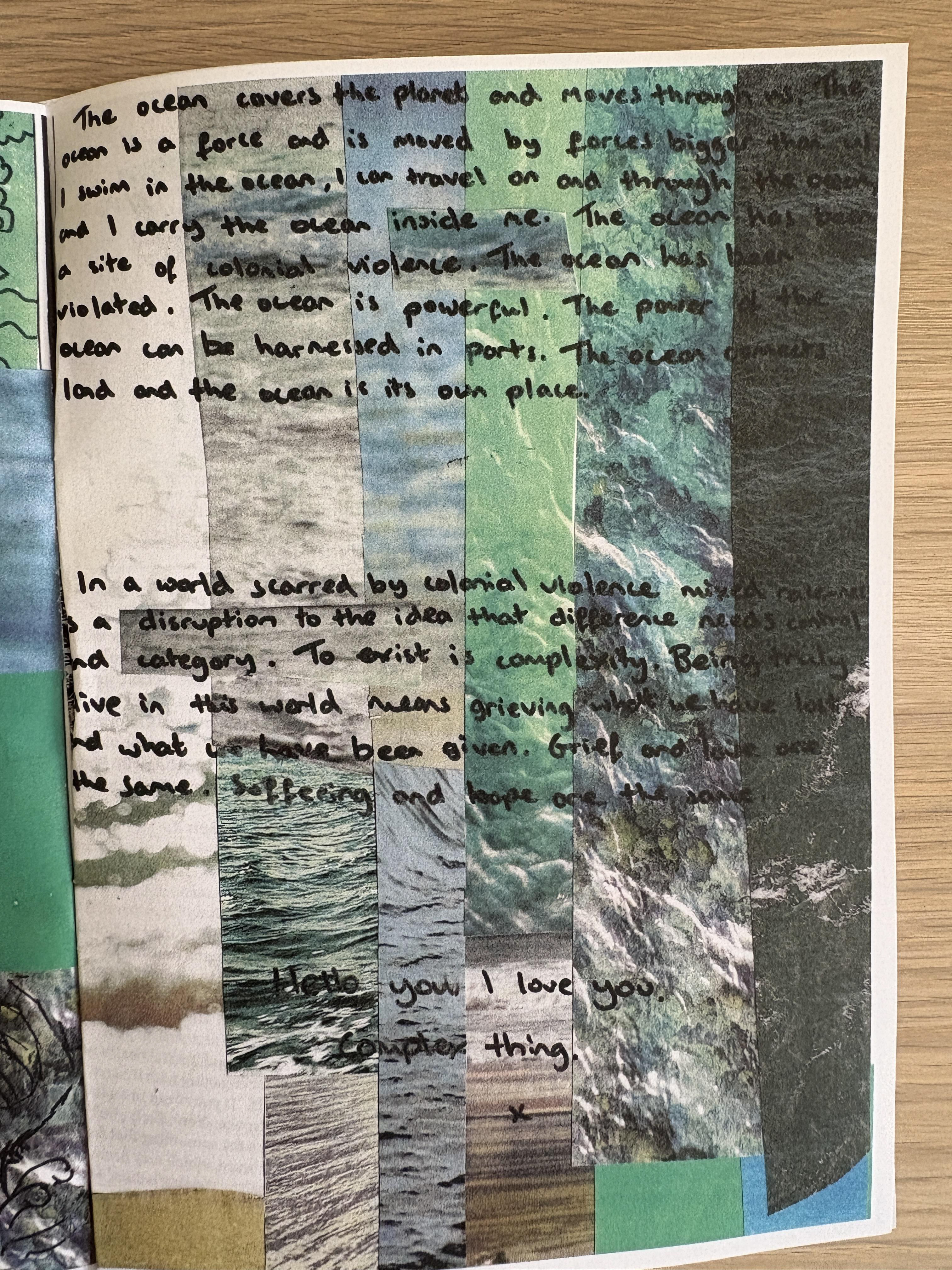I contributed to Being Mixed through both through a research project and creative facilitation, exploring how mixed-race identity shapes access to support and designing inclusive spaces for reflection and connection.
research
Drawing on a shared commitment to racial justice and inclusive service design, I helped shape a research project titled ‘Mixed-Race’ Mental Health: Challenges and Opportunities for Service Provision in Scotland, funded by NHS Greater Glasgow & Clyde’s Anti-Stigma Fund. The work explored how racialisation and binary constructions of race affect the mental health of people who identify as mixed-race, and uncovered critical gaps in existing support services.
My role focused on designing and facilitating a participatory research process. I developed the research framework, designed surveys and focus group materials,and led outreach to ensure diverse representation across age, gender, and racial identity. I worked closely with community partners to ensure the language, format, and structure of each engagement felt safe and accessible.
We prioritised anonymity and particpants' agency throughout, using trauma-informed methods to support participants in sharing complex and often underrepresented experiences.
The findings revealed a lack of formal mental health services designed specifically for mixed-race populations, and highlighted how institutional whiteness and essentialised racial categories can exclude mixed people from existing support. Based on these insights, we developed a set of service design recommendations, including mixed-specific resources, structural anti-racism training, and peer-led community spaces. The final report was shared with NHS stakeholders and community organisations, with the aim of informing future service development and funding priorities.
Case Study: Zine-Making Workshop Facilitation
Context
As part of Being Mixed, a Scotland-wide group for people with mixed heritage, I co-facilitated a creative workshop at Glasgow Zine Library. The session was open to anyone over 16 who identifies as mixed and aimed to offer a relaxed, welcoming space for reflection, storytelling, and connection. Most participants hadn’t met before, and the group included a wide range of ages, backgrounds, and experiences, which made thoughtful facilitation essential.
Approach
I collaborated with a staff member of mixed heritage to support the practical delivery and shape the session flow. We opened with gentle prompts, inviting participants to share their name, pronouns, and a place where they feel happy. This helped set a tone of trust and ease, which carried through into the zine-making process. The workshop was grounded in participatory design and the belief that everyone is creative, as expressed in Convivial Toolbox. Zine-making offered a low-pressure, hands-on way for people to contribute, and aligned with the idea that making can be a form of thinking and identity-building.
Impact
The session created space for mixed-race participants to connect through shared activity, with many expressing appreciation for the informal, creative format. It deepened my facilitation practice and affirmed the value of creative methods in building trust and community within racialised groups. The workshop also informed my broader approach to trauma-informed design, especially in contexts where participants may be meeting for the first time or navigating complex identities.



